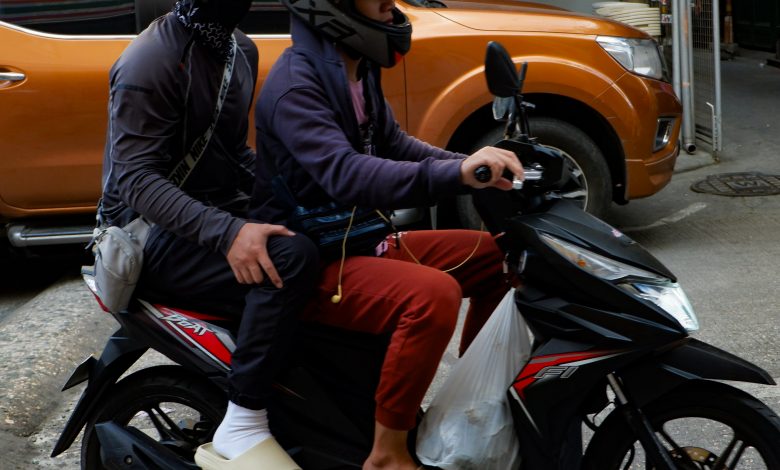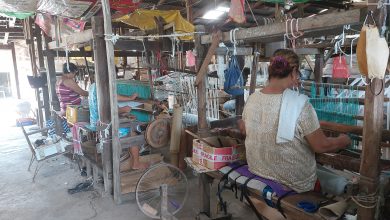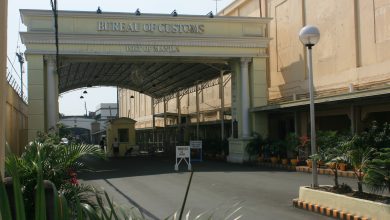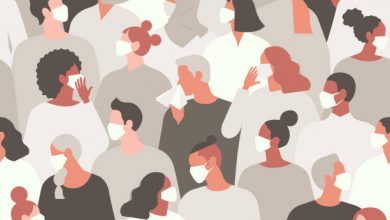
Should the government legitimize habal-habal?
Hop on, turn, and go. It’s too easy to ride a habal-habal. However, the service remains illegal in urban areas such as Metro Manila. In the rapidly changing transportation landscape, it begs the question: Is habal-habal on the brink of termination, or should we consider legitimizing the service instead?
Filipino culture on wheels
For the uninitiated, habal-habal is a motorcycle used for public transportation. Just like the jeepney, it is a product of the natural craftsmanship of Filipinos. It shows how innovative we can become in order to make a living and/or get around.
Habal-habal commonly has three types. First is simply a two-wheeled motorcycle with a wooden extension at the back to give a seat for more passengers. The other variant, called a “skylab”, is a bigger vehicle that has a more complex structure. It has two wooden planks on each side enabling the vehicle to carry up to a dozen passengers all at the same time.
The last type is just a plain motorcycle with no modifications and can only accommodate one passenger. This variant is ubiquitous in urban areas such as Metro Manila. They are literally everywhere. You can spot them around busy areas like malls, train stations, and business centers. You can even easily book a habal-habal ride on social media. Many of them operate outside of the regulated passenger transports service such as Angkas or Joyride PH.
The ugly truth
One of the main reasons why they are motioned to be completely banned is the danger that comes with it. In most provinces, the passengers aren’t safely secured with a seat belt or even a helmet to protect their heads. This makes them vulnerable to road accidents which may lead to fatal injuries. In major cities, some riders do wear a helmet. However, riding their bikes may still bring danger. In 2020, MMDA recorded 11,032 motorcycle-related accidents in Metro Manila alone.
Habal-habal is not regulated by the government. This basically means that having and driving one is illegal. The drivers are not licensed and legally trained; therefore, making their driving skills unreliably questionable. In addition, habal-habal drivers are not subjected to intensive background checks. A passenger might encounter a driver with criminal records. There have been reports of theft with habal-habal drivers involved.
Also, habal-habal service offers no protection to its passenger. It doesn’t have insurance that will cover the medical expenses just in case the passenger gets in an accident.
It’s not all bad
However, it can’t be denied that the habal-habal provides ease and accessibility to its passengers. These unregistered vehicles somehow help the commuters survive the heavy burden of traffic, especially in the metro. Moreover, when it comes to areas not part of the route of licensed PUVs, the habal-habal saves the day for commuters.
With its size, the habal-habal is also quick on the road. This is a plus for commuters always in a rush. Unlike bulky vehicles, they can navigate traffic swiftly.
But most importantly, habal-habal is an important source of income for many people. The service is part of the gig economy, offering more flexible opportunities to many Filipinos from the marginalized sector. Once the government eradicates them from the streets, thousands of families will be affected.
Chance for the habal-habal
Rather than totally getting rid of the utilization of the habal-habal, its existence must be embraced by transforming it into a safer and legal commute option for Filipinos.
This can be done through an ingenious course of action. Instead of wiping it off the roads, the government must include them in its plan of modernizing the current transportation system we have in the country.
A possible way to make this happen is by creating an innovative transportation and design plan – that considers safety and security (insurance, background checks, etc) and traffic engineering and design. Drivers/riders must be properly trained and oriented, as other motorists are. If these actions will be done, no one has to lose their job; and people will benefit from improved transport in a country that badly needs it.
READ – [PUV Modernization Update: A More Just and Humane Program]




